It’s not your fault. Sometimes brave women fall in love with weak men.
– R.H. Sin
This quote by R. H. Sin encapsulates the often painful reality that strong, courageous women can sometimes find themselves entangled in relationships with men who do not match their strength or integrity.
It offers both an acknowledgment of the unfortunate dynamics in some relationships and a reassurance to those who might feel guilty or responsible for such mismatches. Here’s a detailed breakdown of its meaning:
“It’s not your fault”:
The quote begins by absolving the individual of blame. This is significant because it immediately addresses and counters any feelings of self-recrimination or guilt that someone might harbor.
In relationships, it’s common for individuals, especially women, to internalize the problems and take responsibility for the shortcomings of their partners. This phrase reassures them that they are not to blame for the failures or inadequacies of the person they fell in love with.
“Sometimes brave women”:
This part of the quote highlights the courage and strength of the women in question. The use of “brave” acknowledges their resilience, independence, and emotional fortitude.
It recognizes that these women possess qualities of strength and bravery that are admirable and praiseworthy. This characterization is important because it sets a contrast with the “weak men” mentioned later, emphasizing the disparity in character and fortitude.
“fall in love with”:
This phrase underscores the universality and inevitability of love. Falling in love is often portrayed as something beyond our control, a natural and sometimes inexplicable occurrence.
It implies that love can happen regardless of our intentions or our judgments about someone’s character. This serves to normalize the experience and alleviate any self-blame, as falling in love is depicted as a natural human experience that doesn’t always align with logic or foresight.
“weak men”:
The term “weak” in this context can encompass a variety of characteristics: emotional immaturity, lack of integrity, fear of commitment, or inability to support and respect their partner. By juxtaposing “brave women” with “weak men,” the quote highlights the imbalance that can exist in some relationships. It brings attention to the idea that the strength of one partner can sometimes inadvertently support or enable the weakness of the other.
In essence, the quote conveys the idea that even the strongest individuals can find themselves in relationships that do not serve them or reflect their values. It speaks to the common, yet often unspoken, experience of mismatched relationships where one’s strength might inadvertently enable another’s weakness.
The quote encourages introspection and self-compassion. It prompts brave women to reflect on their experiences without self-judgment, recognizing that their strength is not diminished by their choice of partner. It also serves as a reminder that the dynamics of a relationship are complex and not solely dependent on one person’s actions or qualities.
Moreover, the quote highlights the importance of self-awareness and growth. Recognizing that one has fallen in love with a “weak man” is the first step towards understanding the patterns and choices that led to that relationship. This awareness can empower individuals to seek healthier, more balanced relationships in the future, where their bravery and strength are matched and appreciated.
In a broader societal context, the quote challenges traditional narratives around gender and relationships. It underscores the need for mutual respect and support in partnerships, advocating for relationships where both partners bring equal strength and integrity to the table. It also subtly critiques societal expectations that might pressure women to stay in unsatisfactory relationships out of a sense of duty or fear of judgment.
The quote also emphasizes that personal strength should not be used to compensate for another’s weakness. Instead, it advocates for relationships built on mutual strength and respect, where both partners can grow and support each other.
In conclusion, this R. H. Sin quote offers a profound insight into the dynamics of relationships between strong women and weak men. It absolves individuals of blame for the mismatches in their relationships, acknowledges the courage and strength of those who find themselves in such situations, and encourages self-awareness and growth.
By highlighting the naturalness of falling in love and the complexity of relationship dynamics, it provides a compassionate perspective that encourages strong women to seek and create relationships that truly reflect their values and strengths.
Read 50+ Deep R.H. Sin Quotes That’ll Touch Your Soul
R.H. Sin Quotes, rh sin, rh sin author, Strong Women Quotes, strong confident woman quotes, strong independent woman quotes, positive women quotes, strong proud woman quotes, strong woman quotes short, here’s to strong women quote, she is strong quotes, quotes about strong women, women’s motivation quotes, women’s day quotes, international women’s day quotes, happy womens day, happy day women, quotes on womens day, motivational quotes about women’s day
2am Thoughts, Thought Cloud, Deep Quotes, late night 2am thoughts quotes, thought quotes, deep thought quotes, 3 am thought quotes, mind thought quotes
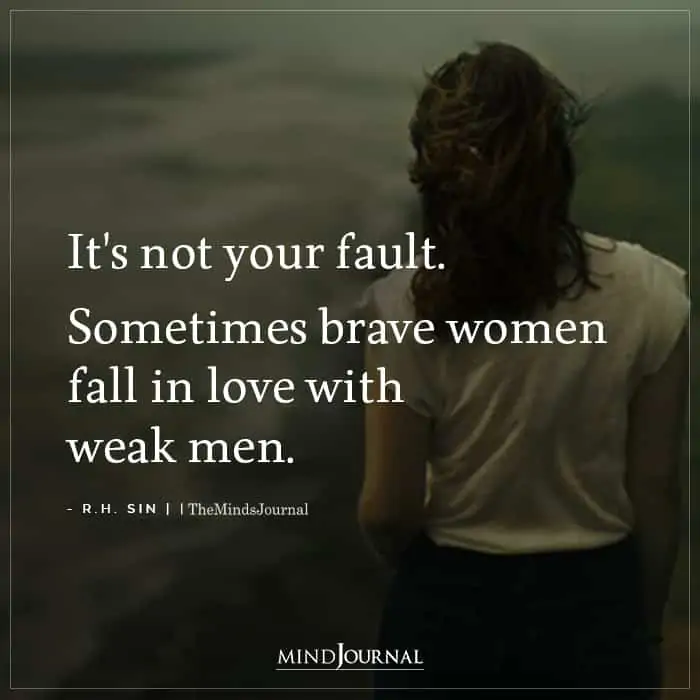

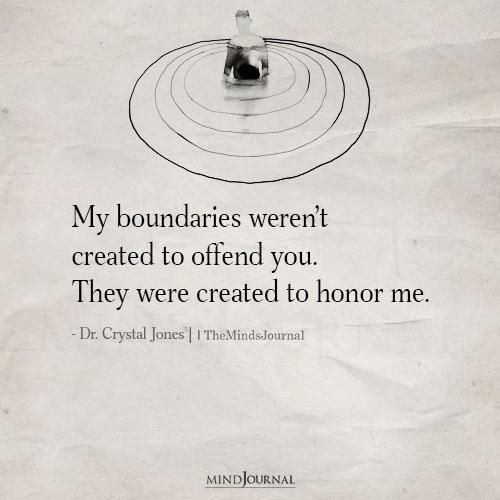
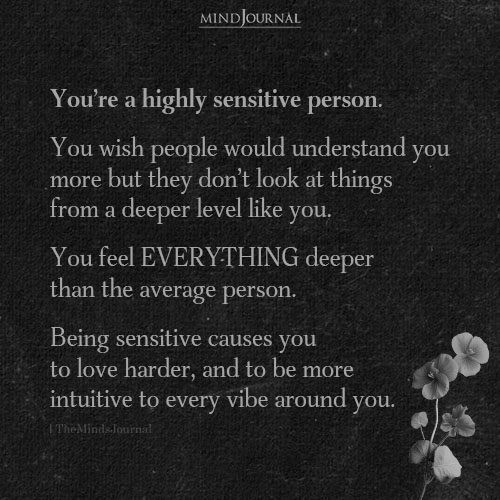
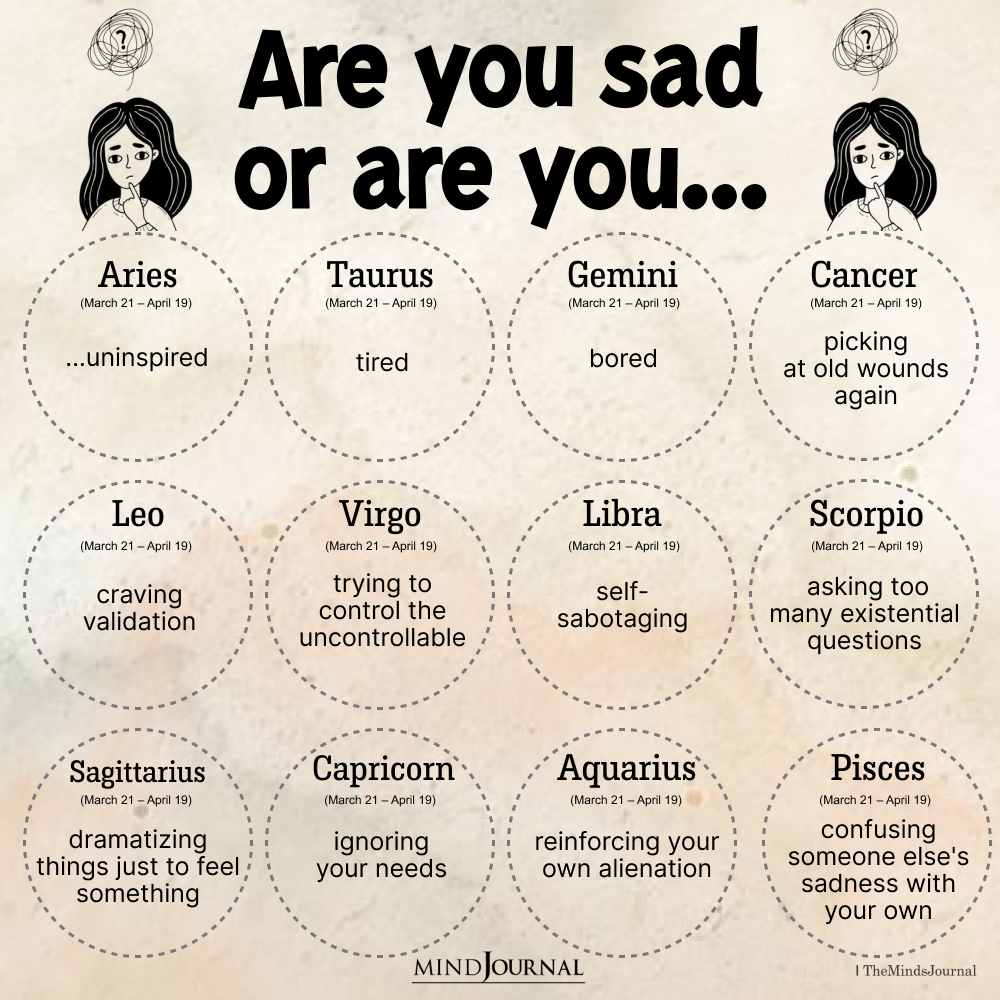
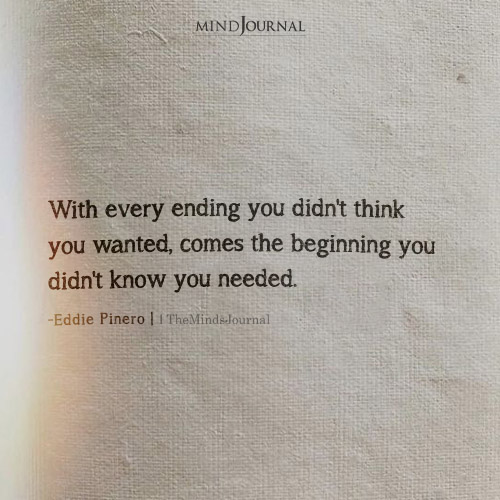
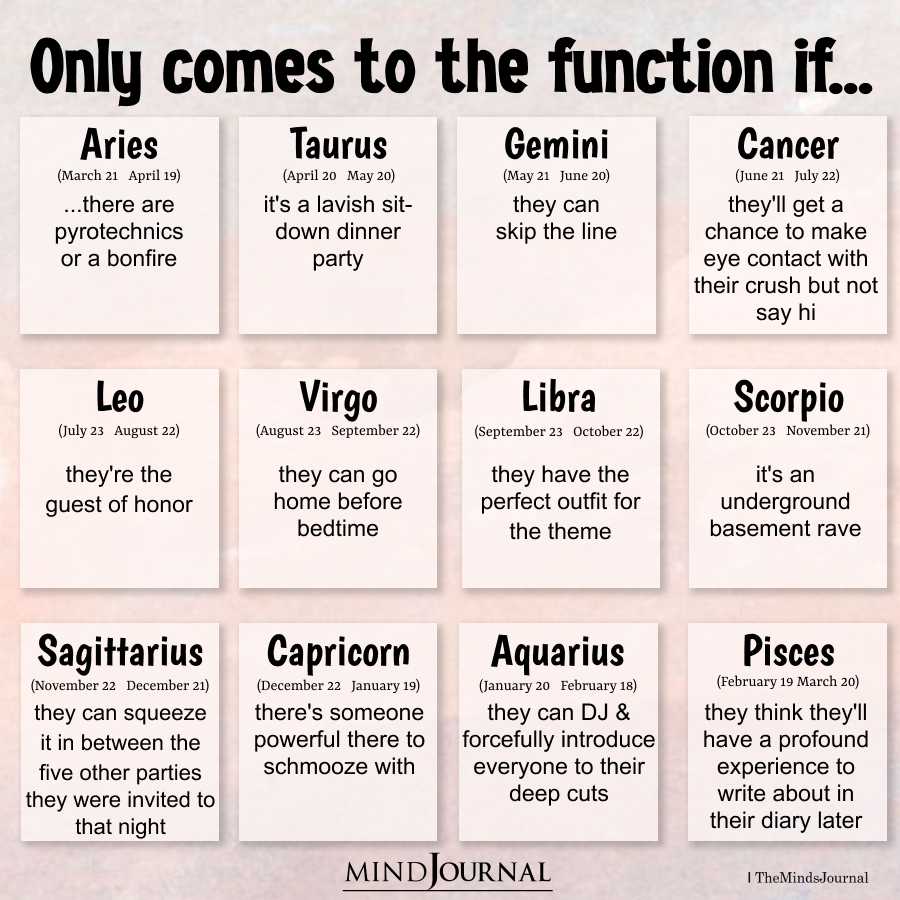
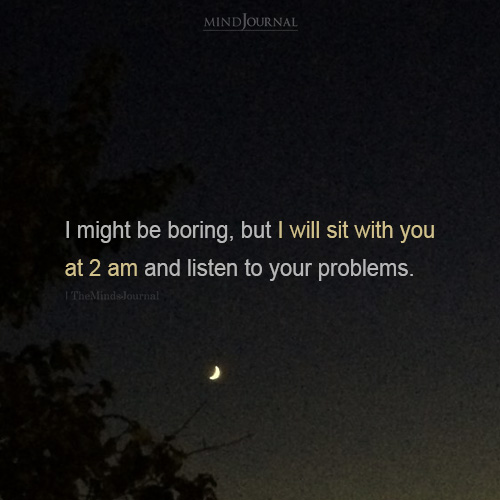
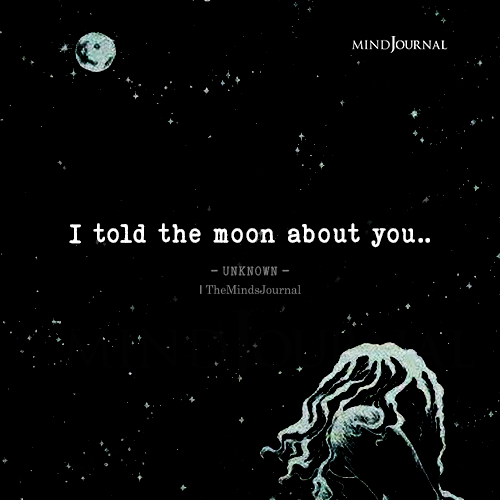

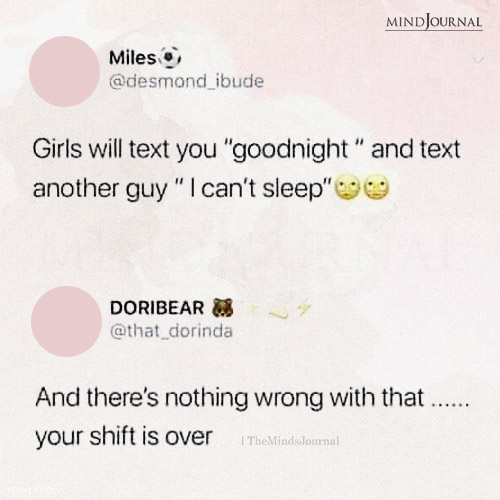
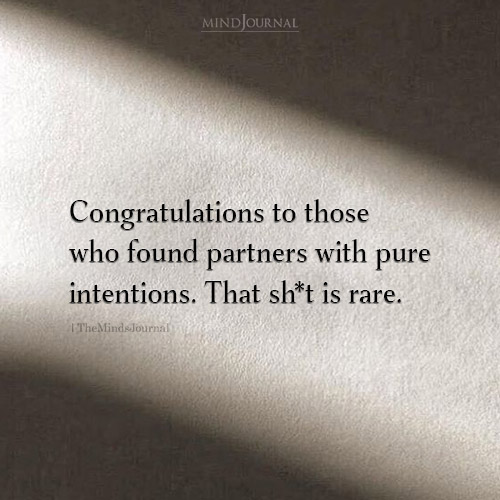
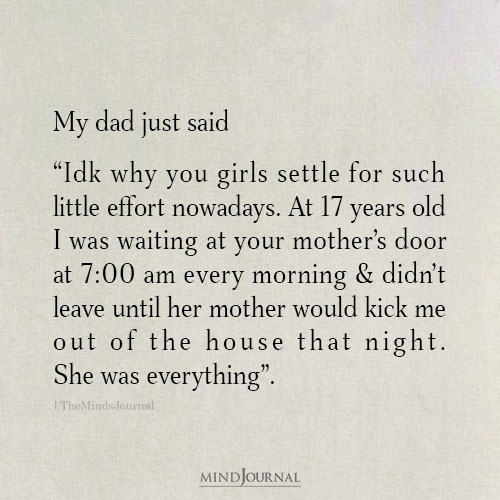
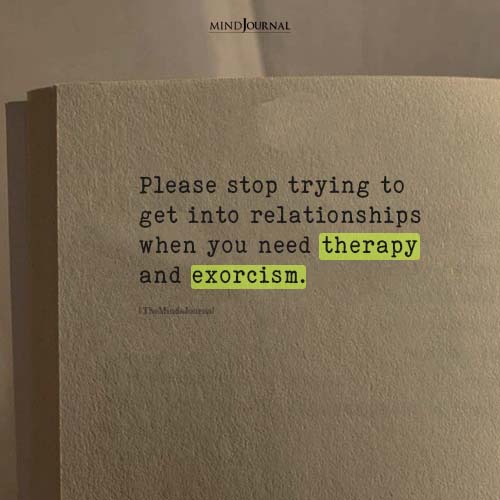
Leave a Reply
You must be logged in to post a comment.